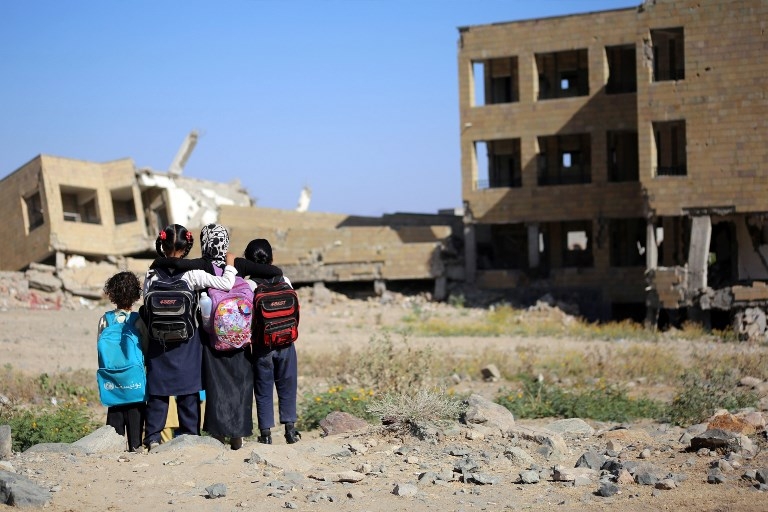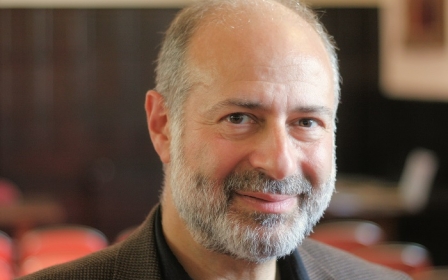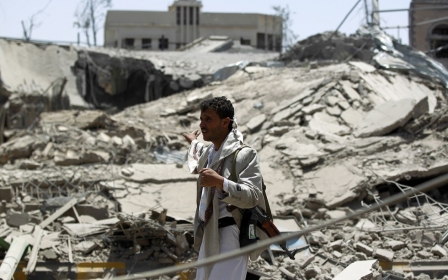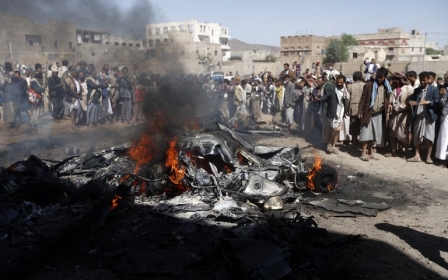Classrooms in rebel-held Yemen closed on first day of school

Classrooms in Yemen's capital and rebel-held north remained largely closed to students on Sunday, the first day of school, as war, hunger and an economic collapse leave millions struggling to survive.
"The future of 4.5 million students hangs in the balance," Rajat Madhok, spokesman of the UN Children's Fund (UNICEF) in Yemen, told AFP.
Schools in the capital Sanaa and across northern Yemen were forced to delay the 30 September start of the scholastic year by two weeks after the rebels failed to pay teachers' salaries.
Sanaa and northern Yemen are controlled by a Houthi rebel alliance, which is locked in a war with the Saudi-backed government.
Some 73 percent of Yemen's teachers have not received their salaries in a year, and many are no longer willing to continue working without pay, Madhok said.
Teachers are frequently turning to other jobs to feed their families.
AFP reporters on the ground in Sanaa saw a few schools opening only to register students, while many others were closed amid a strike by the national teachers' union.
In areas of Yemen under the control of the internationally recognised government, most schools opened as scheduled on 1 October.
Allied with Yemeni strongman and former president Ali Abdullah Saleh, the Iran-backed Houthi rebels in 2014 drove the government out of Sanaa and south into Aden, hometown of Saleh's successor, Abd Rabbuh Mansour Hadi.
The Hadi government last year pulled the central bank from rebel-held Sanaa to Aden, a move the UN said deprived more than one million civil servants of their salaries and pushed families toward starvation.
More than 8,500 people have been killed since 2015, when Saudi Arabia and its allies joined the government's fight against the Houthi alliance.
New MEE newsletter: Jerusalem Dispatch
Sign up to get the latest insights and analysis on Israel-Palestine, alongside Turkey Unpacked and other MEE newsletters
Middle East Eye delivers independent and unrivalled coverage and analysis of the Middle East, North Africa and beyond. To learn more about republishing this content and the associated fees, please fill out this form. More about MEE can be found here.




